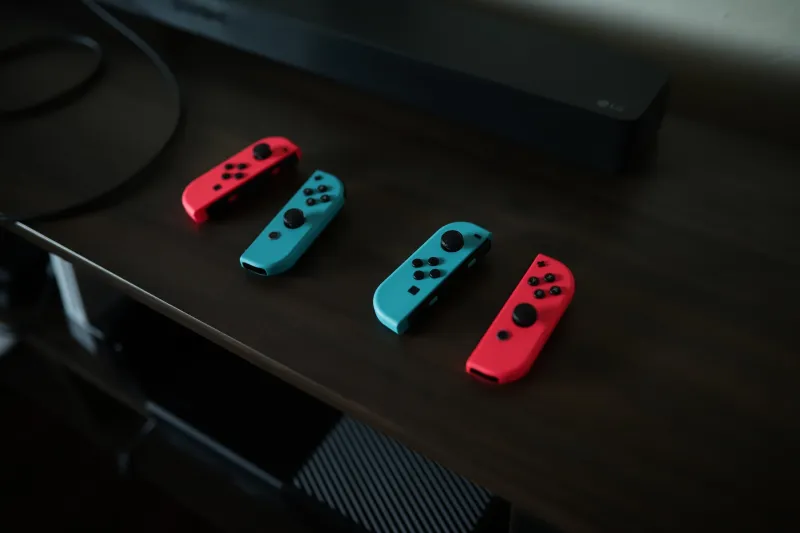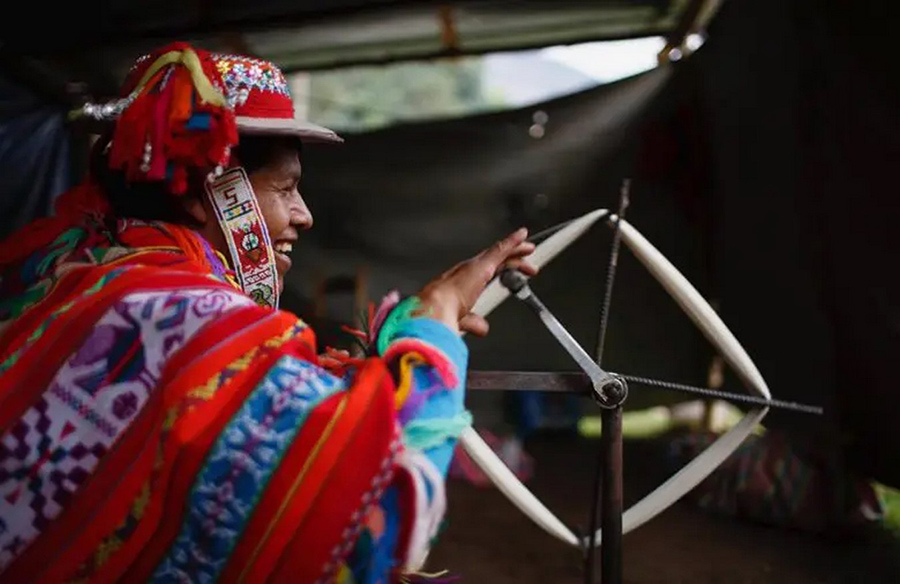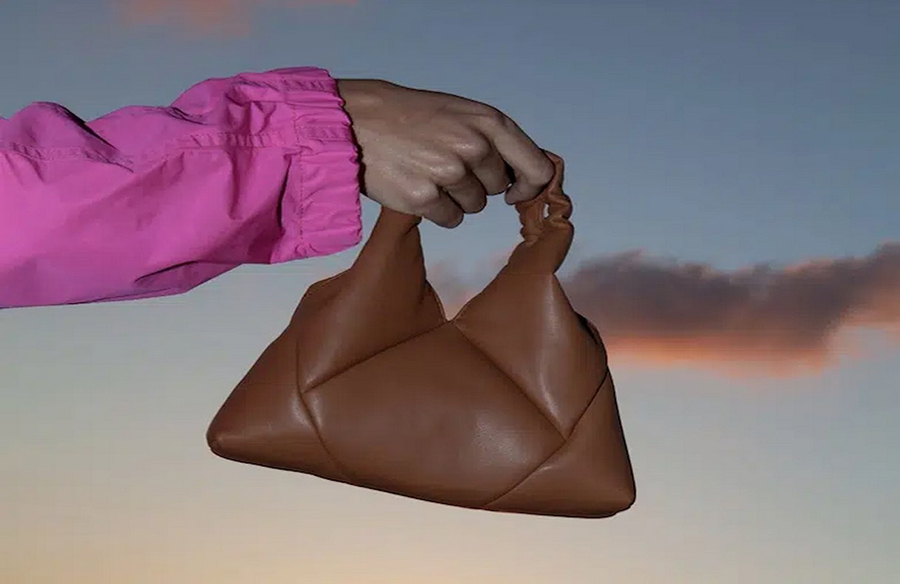Empowering Diversity: 15 Sustainable and Ethical Fashion Brands Owned by Asians

Introduction
In the wake of increased awareness about racial bullying against Asian Americans and Pacific Islanders (AAPI), professionals in the fashion industry are striving for inclusivity. However, the sustainable fashion movement, despite being a powerful force, often falls short in representing Asian faces on the design studio, runway, or in ad campaigns. This underrepresentation and the challenges faced by Asian designers have been persistent issues, leading many to downplay their cultural identity to assimilate into the industry.
A Personal Perspective
Having grown up in China, the author reflects on their childhood memories connected to traditional craftsmanship, only to witness its encroachment by multinational companies outsourcing mass production to Asian countries. The journey continues in the United States, where the author, driven by a desire to be part of the solution, navigates the intersection of fashion and sustainability. The article emphasizes the importance of recognizing the stories behind crafted products and supporting brands that respect and honor cultural heritage.
The Potential of Asian Fashion Legacy
The rich legacy of Asian fashion and textiles holds promise for a more sustainable fashion future. With a history boasting diverse ethnic groups and ancient civilizations, Asia’s repertoire of weaving, knitting, embroidery, and dyeing techniques, perfected over thousands of years, offers a unique perspective. Traditional textiles, often crafted with minimally-processed natural fibers, provide a sustainable foundation.
Differentiating Appreciation from Appropriation
The article advocates for conscious consumerism by distinguishing between cultural appropriation and appreciation. It encourages readers to prioritize brands that share the stories behind their products, fostering an understanding of the creators’ backgrounds and the craftsmanship involved. By acknowledging the human experience, ingenuity, and cultural significance, consumers can deepen their appreciation for ethically made products.
Roundup of Sustainable Asian-Owned Fashion Brands
Valani
- Founder: Vanni Leung
- Focus: Biodegradable fashion using plant-based materials.
- Production: GOTS certified partners in Tamil Nadu, India.
- Sustainability Highlights: OEKO-TEX certified non-toxic dyes, minimal waste, and eco-friendly packaging.
WWAKE
- Founder: Wing Yau
- Focus: Women-run jewelry brand with made-to-order batches.
- Production: Handmade in New York City using recycled gold and silver.
- Sustainability Highlights: Conflict-free diamonds, local and family-owned business collaboration.
Kayu
- Founder: Jamie Lim
- Focus: Bags woven from seagrass straw in collaboration with women cooperatives in the Philippines.
- Sustainability Highlights: Biodegradable bags, collaboration with immigrant women in San Francisco, zero-waste goals.
Angel Chang
- Founder: Angel Chang
- Focus: Luxury womenswear preserving traditional techniques in rural China.
- Production: Crafted by ethnic minority groups in Guizhou using ancient craftsmanship.
- Sustainability Highlights: Naturally dyed pieces, handmade without electricity.
Icicle
- Founders: Shouzeng Ye and Shawna Tao
- Focus: High-end fashion marrying urban luxury with traditional Chinese techniques.
- Materials: Undyed cashmere, organic linen, organic wool, silk, and vegetable-tanned leather.
- Sustainability Highlights: Stringent environmental and ethical standards, natural dyeing methods.
R Collective
- Founder: Christina Dean
- Focus: Sustainable luxury fashion with upcycled collections.
- Production: Hong Kong-based, collaboration with winners of the Redress Design award.
- Sustainability Highlights: Upcycling deadstock, creative design to minimize fabric waste, take-back program.
Esse
- Founder: Alicia Tsi
- Focus: Conscious womenswear using eco-friendly materials.
- Materials: GOTS organic cotton, LENZING tencel, OEKO-TEX certified linen, and more.
- Sustainability Highlights: Plastic-free packaging, capsule collections on a pre-order basis.
Ziran
- Founder: Kelly Wang Shanahan
- Focus: Ethical silk fashion using Xiang yun sha silk.
- Production: Natural dyeing with Chinese yams, iron-rich mud, and sun-drying.
- Sustainability Highlights: Wrinkle-resistant, anti-microbial fabric sourced from a single village in China.
Boma Jewelry
- Founded: 1981, owned by Suzanne Vetillart
- Focus: Accessible and sustainable handmade jewelry.
- Production: Own factories in Thailand, circular approach through repairing secondhand and vintage.
- Sustainability Highlights: Conflict-free metals, carbon-neutral goals, partnerships for carbon offsets.
Lidia May
- Founder: May Yang
- Focus: Artisan luxury handbags with colorful embroidery.
- Production: Collaboration with underprivileged women in Dhaka, Bangladesh.
- Sustainability Highlights: Vegetable-tanned leather, training programs for traditional embroidery skills.
SiiZu
- Founder: Kay Wen
- Focus: Eco-friendly fashion label using 100% organic and eco-friendly fabrics.
- Production: Merino wool and cashmere sourced and manufactured within Inner Mongolia.
- Sustainability Highlights: Minimizing carbon footprint, shift from reusable poly bags to recyclable paper bags.
Pause
- Founders: Hoa Huynh and Sezin Calikoglu
- Focus: Sustainable and ethical brand merging classic silhouettes with modern influences.
- Production: Designed and manufactured in New York City with ethically sourced cotton.
- Sustainability Highlights: Seasonless calendar, genderless collection, transparency in design.
AKASHI-KAMA
- Founder: Alec Nakashima
- Focus: Japanese workwear with versatile pieces.
- Production: Responsibly manufactured in Oakland, CA, using Japanese cotton.
- Sustainability Highlights: Versatile pieces, emphasis on responsible manufacturing.
Par en Par
- Founder: Laura Choi
- Focus: Modern resort wear brand with elegance and simplicity.
- Production: Pieces made in Los Angeles or India using sustainable fabrics.
- Sustainability Highlights: Organic cotton sourced and handspun by rural artisans in Kerala, India.
All The Wild Roses
- Founder: Hang Osment-Le
- Focus: Upcycled fashion with a passion for sustainability and empowerment.
- Materials: Up to 90% fabric from upcycled sources, vintage pieces restored.
- Sustainability Highlights: Circular fashion approach, upcycled trimmings and accessories.
Conclusion
These 15 sustainable and ethical fashion brands owned by Asians stand as a testament to the industry’s evolving landscape. By supporting these brands, consumers not only contribute to a more inclusive fashion narrative but also embrace the fascinating blend of ancient wisdom, cultural heritage, and sustainable practices.









